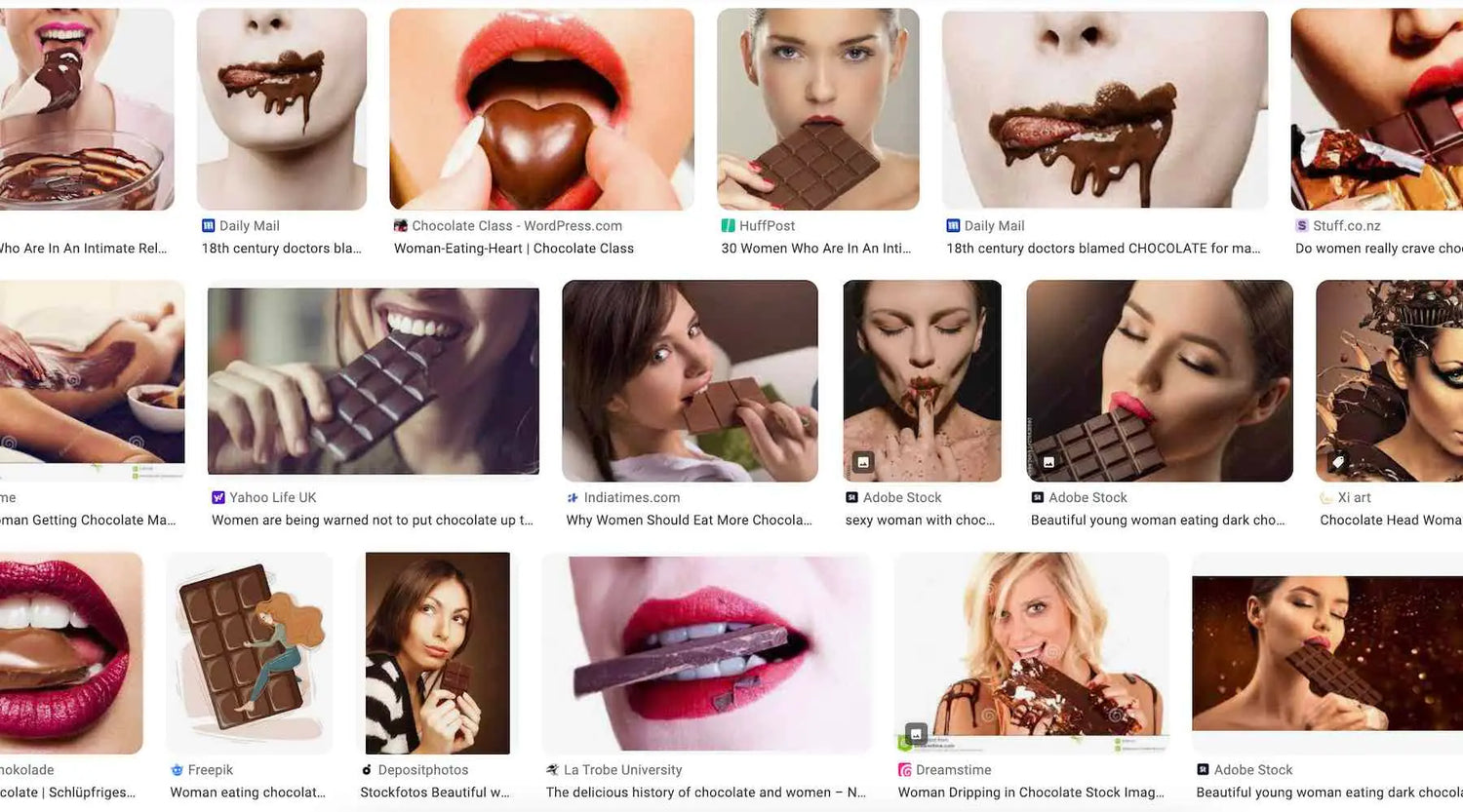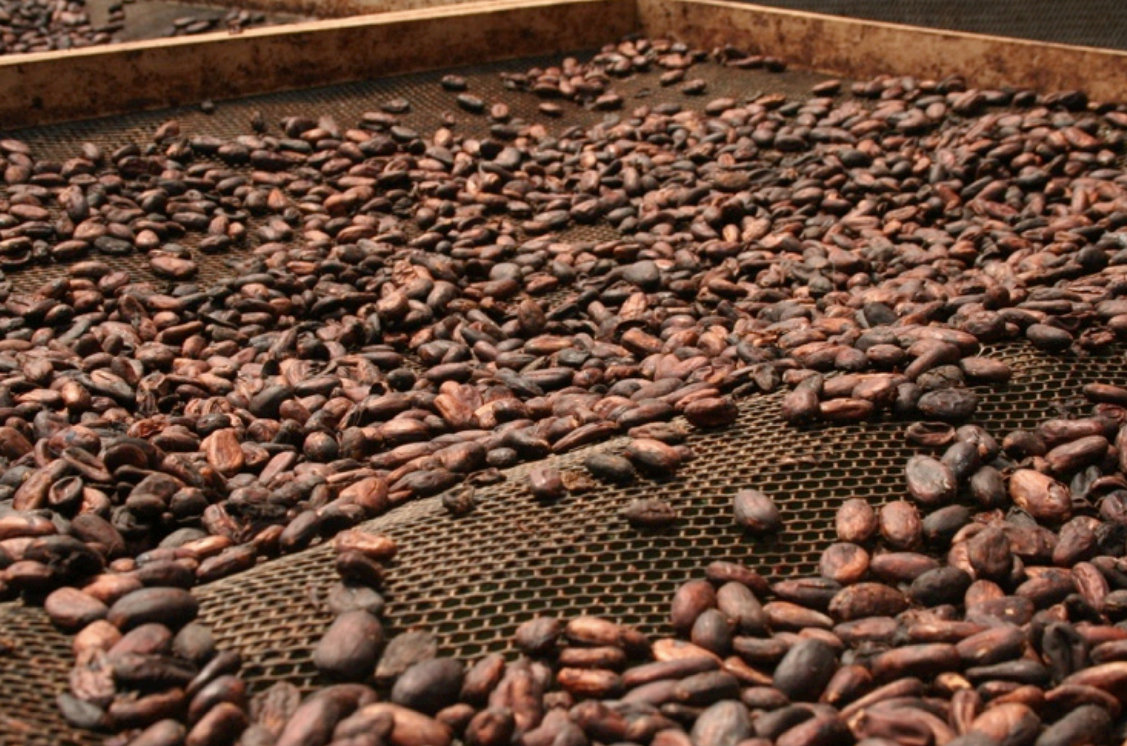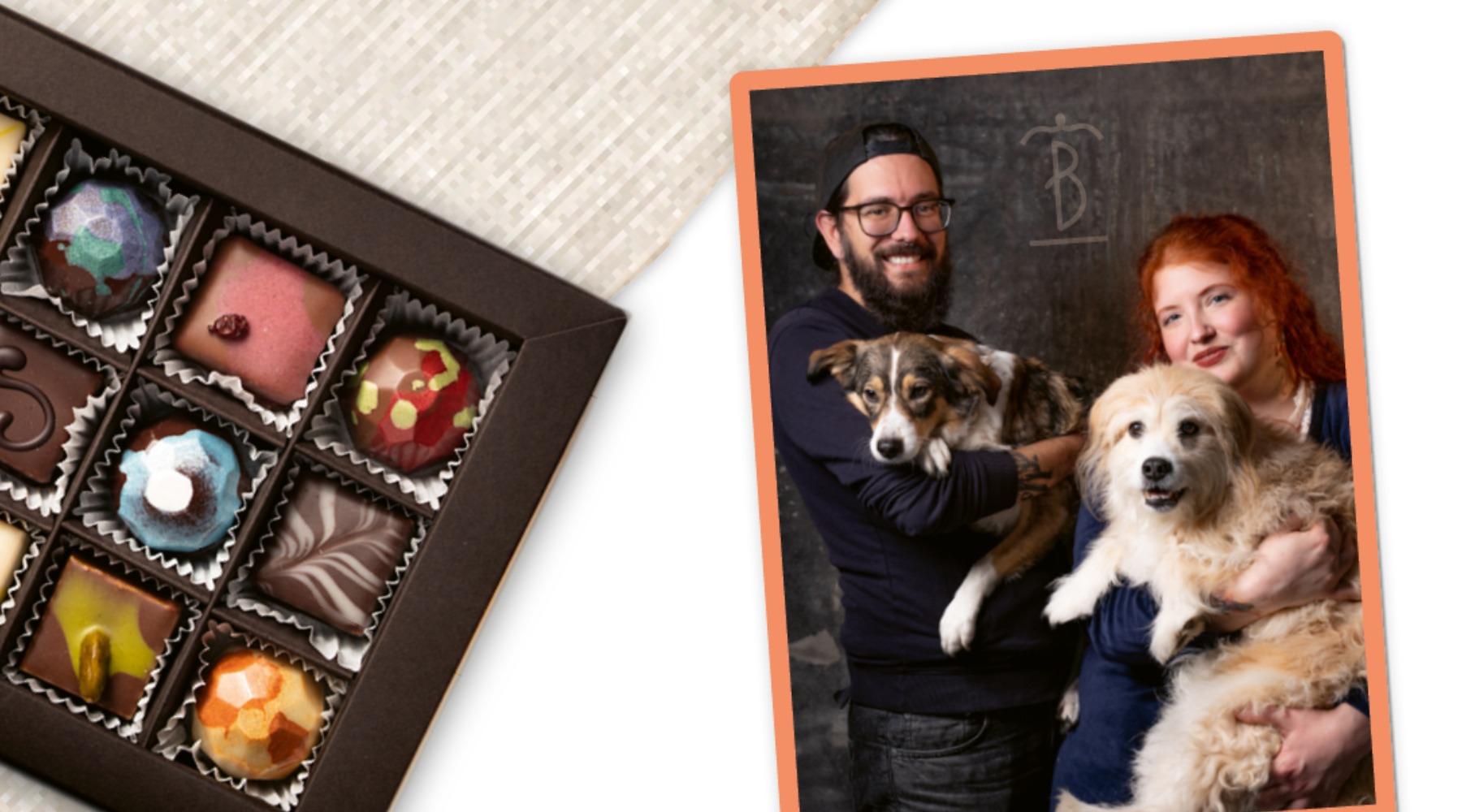When you search Google for “Women in Chocolate” or “Women in Chocolate”, the main question that comes up is why women (supposedly) like to eat chocolate so much and need it to live. You have to go beyond the usual 2-3 Google pages to actually find serious texts on the topic of “women in chocolate”. The topic is more relevant and important than ever! In this article we address the issue and give tips on how you as consumers can contribute to gender equality in the chocolate sector.
Women in cocoa farming and the chocolate supply chain
Over the last few decades, the chocolate sector has developed into a market in which only a few very large companies dominate. In contrast, cocoa cultivation still takes place on many small cocoa farms - in West Africa alone, over 2 million small farmers are involved in cocoa cultivation, often under precarious conditions.
You can find out more about this topic in this insightful book by Orla Ryan .
Meanwhile, chocolate consumption in Western countries remains stable - Germany ranks second in per capita consumption, just behind Switzerland - and in emerging countries the appetite for chocolate is increasing from year to year. And on the consumer side, there is a wide range of chocolates that are aimed directly at women and that they also buy. But things look different on the cocoa producers’ side. Here, the relevance of women in the chocolate sector is much less recognized.
status quo
The lack of recognition of women in the chocolate supply chain is particularly evident in monetary terms. Especially in the early phase of production - plant care, fermentation and drying - it is predominantly women who work, and this work is usually unpaid or with significantly lower pay than their male colleagues, as studies show . At the same time, the profession of cocoa farmer is becoming less attractive for younger people because it involves a lot of work, poor pay and planning uncertainty. In order to secure cocoa cultivation in the long term, it is even more important to strengthen and promote women in this area.
 Sabrina Mustopo: Founder and CEO of Krakakoa © Tech in Asia
Sabrina Mustopo: Founder and CEO of Krakakoa © Tech in AsiaWhat needs to change?
In order to change the conditions described, it always helps to first understand the origin of your favorite chocolate. When it comes to high-quality chocolate, chocolate manufacturers know exactly which cocoa farms and cocoa-growing regions their respective cocoa beans come from. And they attach great importance to this information and are happy to share it with other chocolate lovers. Of course, this approach is primarily aimed at checking whether the cocoa farmers work under fair conditions. This is the only way to create a fair basis for women. By the way, we only have chocolates in our range that we know exactly where they come from - if this information is not clearly visible, please write to us and we will give you information!
How we incorporate gender equality at Theyo
Because every little step helps when it comes to gender equality, we try to focus on this topic when purchasing for our shop. Because we are explicitly looking for products in which the cocoa beans are grown under gender-appropriate conditions. In other words: The cocoa beans come from farms or cooperatives in which equally women and men hold important positions. We get this kind of information, for example, from Uncommon Cacao , which also deals in detail with the topic of “women in the chocolate sector”.
We try to keep the following points in mind when working with chocolate manufacturers, cocoa cooperatives and cocoa farmers:
- Equal recognition and appropriate remuneration for the work of women as farmers and for their contribution in the value chain
- In addition, raising awareness of the topic in the countries of origin and throughout the industry
- It is also essential to take women into account in further training and further education in cocoa cultivation
- In addition, the proportion of male and female members in the cooperatives should be as balanced as possible, including their equality
- And pushing forward laws and funding for women in cocoa farming
In order to strengthen women's rights in the chocolate sector, promoting the above points on gender equality is extremely important. It should therefore always be taken into account by all actors along the value chain - as well as governments, NGOs and civil society organizations. This is the only way cocoa cultivation can continue to exist in the future and become fairer and more sustainable in the long term.
 Lauren from WKD Chocolate © Jenni Summer Studios
Lauren from WKD Chocolate © Jenni Summer StudiosAnd what about women in chocolate making ?
Rodolphe Lindt, Henri Nestlé, John Cadbury – they are all considered pioneers and pioneers of chocolate. Pierre Marcolini, Joseph Zotter ... the list of men - certainly outstanding men - can go on and on. At first glance it seems as if there are simply no women in chocolate production and processing. Fortunately, we can tell you: This is an absolute misjudgment! Lauren from WKND Chocolate, among others, came to this conclusion and launched the 'Well Tempered' podcast. Here she introduces great women from the chocolate sector, all of whom play an important role in the world of chocolate. Of course, we would particularly like to point out episodes from friends and partners.
Here we go:
Sophie Jewett of York Cocoa Works
Joanna Brennan of Pump Street Chocolate
Emily Stone from Uncommon Cacao
Chloe Stemler from Marou Chocolat
Hazel Lee – Taste with Color
By the way, the episodes can be enjoyed particularly well with a fine drinking chocolate ...just saying ;)
Not on the podcast but still great: Solvejg from Bernsteinzimmer , Kelly from Auro, Malou from Macao Movement and Ulrika from Svenska Kakaobolaget .
Are you interested in this topic? It is particularly important to us! If you would like to know more about this, please let us know → hallo[at]theyo.de



